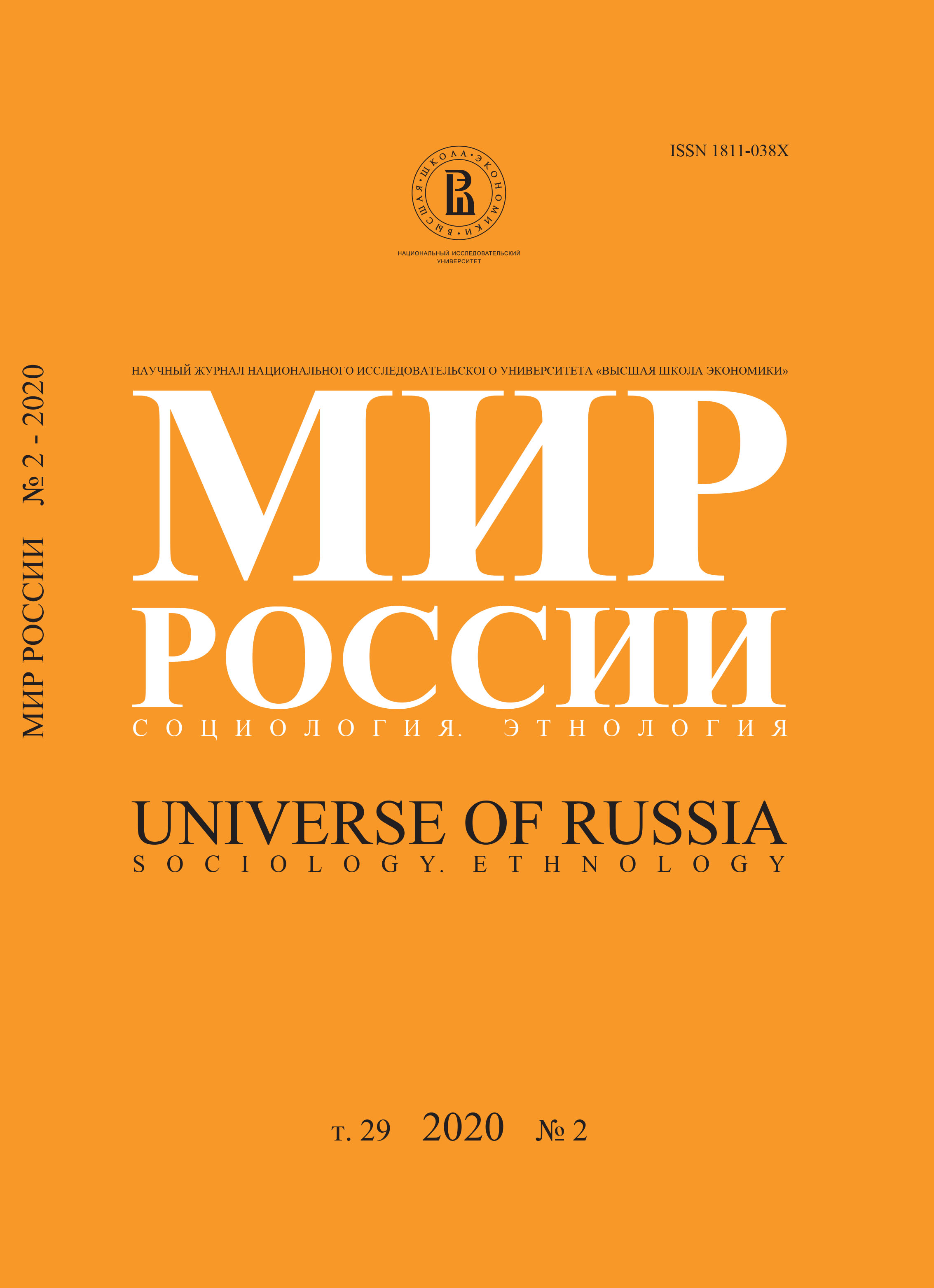Towards the Theory of the Autonomous Community: Ex-polar Economy Structures in Coastal Fishing in Southern Russia
Abstract
Citation: Ermolin I., Suvorkov P. (2020) Towards the Theory of the Autonomous Community: Ex-polar Economy Structures in Coastal Fishing in Southern Russia. Mir Rossii, vol. 29, no 2, pp. 156–178 (in Russian). DOI: 10.17323/1811-038X-2020-29-2-156-178
This paper discusses the social and economic dynamics within autonomous fishing communities in Southern Russia. We hypothesize that despite the path-dependency problem and the view that informal institutions can be successful only in the long term (both widely accepted by sociologists and neo-institutional economists), strong exogenous shocks can demolish old informal institutions, leading to either anomie or anarchy (or anomie followed by anarchy, when a parallel social order emerges and co-exists with the previously established one). One of the ways which social groups develop to overcome such anomie is the spontaneous development of criminal culture, which rapidly establishes a new set of informal institutions that can effectively resist exogenous regulatory, political and economic pressures. The current study focuses on the case of organized poaching activities in the Caspian Sea after the collapse of the USSR. It illustrates such situations of anomie which led to the marginalization of small-scale fisheries, the further development of autonomous fishing communities in the regions and the rapid rise of organized sturgeon poaching as the main survival strategy. The study shows that the most developed social groups of autonomous communities are placed in piedmont areas of Dagestan ensuring maximum self-regulatory effectiveness through kinship networks and religious practices.






